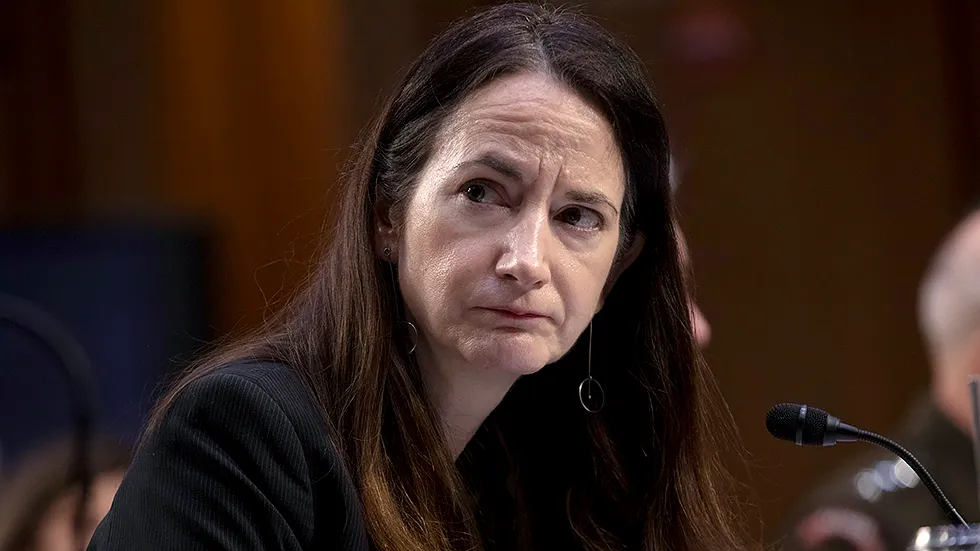

Director of National Intelligence Avril Haines said she sees a “reduced tempo” when it comes to the war in Ukraine and that both Russian and Ukrainian armies are settling in for the winter months to prepare for counteroffensives in the spring.
Haines told NBC News chief foreign affairs correspondent Andrea Mitchell on Saturday the fighting, primarily in the eastern Ukrainian region Donetsk, has already slowed down for the winter.
“Once you get past the winter, the sort of question is: What will the counteroffensive look like?” Haines said at the Reagan Defense Forum in Simi Valley, California. “We expect that, frankly, both militaries are gonna be in a situation where they’re gonna be looking to try to refit, resupply, in a sense, reconstitute, so that they’re kind of prepared for that counteroffensive.
“But we actually have a fair amount of skepticism as to whether or not the Russians will be, in fact, prepared to do that,” she added. “And I think most optimistically for the Ukrainians in that time frame.”
Ukraine last month recaptured the southern city of Kherson, adding to a list of victories against Russia on the battlefield in the nine-month war.
But Russia still holds a swath of territory in the east, including the Crimean peninsula and the regions of Donestk and Luhansk, where fighting continues to break out.
While the fighting continues, Russian President Vladimir Putin has employed a brutal winter strategy of bombarding Ukrainian energy grids and civilian infrastructure to knock out power as well as heat in the cold months.
Haines on Saturday said intelligence analysts have not seen the Ukrainian people lose their will amidst the onslaught of missile attacks.
“They’re doing this in order to undermine the Ukrainian will in effect, and I think we’re not seeing any evidence of that being undermined right now at this point,” she told Mitchell. Trump loss ignites next steps for DOJ in Mar-a-Lago investigation GOP says Inflation Reduction Act should be factored into spending fight
Haines said she believes Putin is aware of Russia’s “lack of performance and the fact that they did not accomplish more” but may not know “just how challenged they are,” including the extent of ammunition shortages and supply control issues.
Despite the difficulties, intelligence analysts say Putin has not changed his political objectives, she added.
“The challenge is, what does that mean for his near term [and] are they going to be as expansive as they were at the beginning?” she said. “Or does he at some point recognize that he’s incapable of doing what it is he intended to originally and sort of downscale what it is that he’s willing to accept?”




